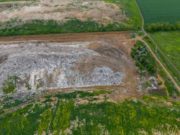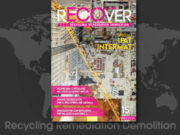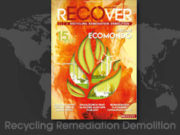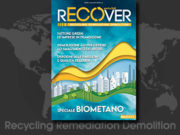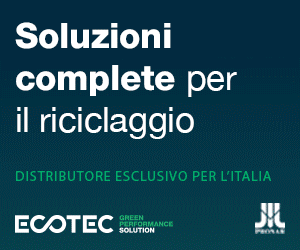
The end of 2023 was marked by groundbreaking turning points at COP28: from the inaugural Global Stocktake and the historic commitment to transition away from fossil fuels by 2050 to the operationalisation of the Loss and Damage Fund and the adoption of the Climate and Health Declaration. The direction of forward travel is now set.
In 2023, our global network demonstrated its leadership in finding collaborative solutions across sectors and silos, accelerating the delivery of key climate and nature goals. The increased ambition and action-oriented response of our members and partners have reflected the art of the possible. At COP28, we solidified our position with a strong presence inside and outside the negotiation zone and launched landmark initiatives such as the Strategic Transition Framework, the Investment Mobilisation Collaboration Arrangement (IMCA) and the Nature Investment Coalition (NIC). Throughout the year, we have brought together thousands of leaders in Geneva, London, New York and many more places around the world to drive innovation at scale.
Charting the Course Ahead
Economy transformation and advancing climate and nature finance mechanisms will become the major focus of COP29 and COP16 this year. In line with this, we aim to accelerate the transition to a net-zero and nature-positive future by identifying key opportunities for the green economy and connecting key stakeholders to realise these opportunities. We will amplify the impact of our coalitions and initiatives and harness our Climate, Biodiversity and Health Networks by engaging in year-round strategic climate, biodiversity and health events on our 2024 Roadmap.
Our 2024 journey started in Davos in January, where the World Climate Foundation co-hosted insightful panel sessions with our partners along with other crucial engagements. The Annual Meeting in Davos emphasised that we stand at an extremely transformative point in the global economy. Released prior to the World Economic Forum, the WEF’s 2024 Global Risks Report highlights extreme weather events as the second most pressing issue confronting the world at present, while biodiversity loss, ecosystem collapse and natural resource shortages round off the top three risks in the long term. In light of these critical findings, the World Economic Forum 2024 emphasises the imperative to accelerate and intensify efforts across government, business, finance and civil society to meet the climate and nature goals set for 2030 and beyond.
Jens Nielsen, CEO of World Climate Foundation: “Our presence in Davos marks the first step on a worldwide journey leading up to COP16 in Colombia and COP29 in Baku – with strategic stops in Brussels, London and New York – and more along the way. In 2024, our impact platforms will help frontrunners from the private and public sectors to create and strengthen their commitments and tangible action plans while positioning their active engagement at the intersection of climate and biodiversity, supported by our newly launched initiatives and coalitions.”
Be part of the solution
In the pursuit of a sustainable future, the World Climate Foundation reaffirms its commitment to fostering cross-sector collaboration, while seizing the myriad of opportunities presented by the green transition.
This year, we continue to promote integrity and action to solve the dual crises of climate change and biodiversity loss by facilitating private-public partnerships across and within sectors. Our focus will be on identifying and connecting global frontrunners in and across climate, nature and health, driving tangible progress. Together with our partners and members, we will map out crucial transition paths and potentials within major industry domains, linking innovative practices with business opportunities to the benefit of both people and the planet.
Our World Climate Network is committed to supporting the implementation of the Paris Agreement while fostering market reforms for the green economy and advancing the clean energy transition through strategic stakeholder engagement activities. Simultaneously, the World Biodiversity Network will focus on uniting climate and biodiversity objectives, promoting nature-based solutions and assisting the execution of the Global Biodiversity Framework through private-public collaboration. The World Health Network will continue evolving in 2024 as a platform for bridging climate, biodiversity and health.
Furthermore, on our agenda is advancing finance mechanisms for driving forward climate and biodiversity frameworks, while accelerating investments in emerging and developing markets to promote resilience at scale. In 2024, our Roadmap will include stops at global negotiations in London, New York and at UNCBD COP16 in Colombia and COP29 in Baku, Azerbaijan, as we switch from steps to leaps in the pursuit of decarbonisation and biodiversity restoration and protection.









